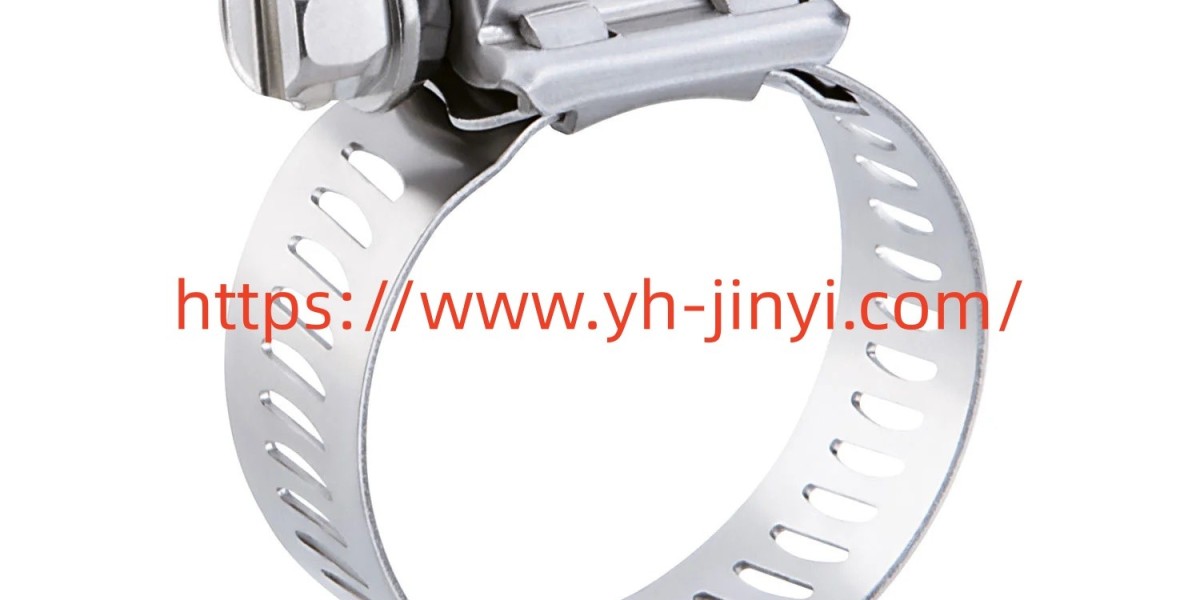Clamps serve a critical role in industrial settings where fastening strength, positioning accuracy, and long-term stability are required. Both large facilities and small manufacturing workshops depend on reliable holding devices to secure pipes, machinery components, electrical housings, tool fixtures, and structural frames. A well-selected clamping product helps prevent vibration-based shifts, reduces unnecessary friction, and assists engineers in keeping equipment secure during extended production cycles. Industrial users often rely on stable tools to maintain precise alignment, and choosing appropriate products is the foundation of efficient installation work.
Industrial projects come in many different forms, making versatility a necessary factor when selecting fastening tools. Production machinery requires secure support to maintain positioning. Structural piping needs firm anchoring that can resist pressure changes. Workstations in fabrication environments demand holding devices that can withstand frequent adjustments. A dependable product must adapt to varying contact surfaces, pressure levels, and mounting conditions without causing material damage. Because every workplace environment presents different needs, selection decisions should focus on mechanical properties rather than a single design style.
Material quality plays a major role in determining long-term usage value. Durable construction helps prevent deformation and preserves gripping performance over time. Poorly designed products may loosen after repeated stress exposure, leading to operational instability. Choosing options made from sturdy, corrosion-resistant materials helps minimize maintenance tasks, especially in environments where humidity, vibration, or chemical contact are present. Secure fastening directly supports worker safety, equipment lifespan, and daily efficiency across industrial operations.
Another factor affecting selection is installation practicality. A fastening device should be simple to position and adjust during maintenance or replacement. Projects that require frequent layout changes benefit from products designed for easy modification. Additionally, compatibility with different mounting standards ensures broader application. In many factories, engineers must match support components with various pipe diameters, machinery housings, or bracket connections, so flexibility is crucial.
Some manufacturers specialize in creating devices for specific industrial tasks. Products from JINYI offer applicable solutions for sectors such as equipment maintenance, mechanical assembly, and structural pipeline reinforcement. By offering dependable holding functions, they assist users in minimizing unwanted movement during production activities. Another advantage of working with JINYI is the availability of options that align with typical industrial installation requirements, allowing users to choose according to their projects instead of one-size-fits-all assumptions.
When evaluating fastening tools, it's also helpful to consider how the product interacts with vibration levels, surface textures, and weight distribution. A well-selected clamp should apply uniform pressure to avoid damaging pipes or machine parts. Stable distribution of force improves reliability without needing frequent retightening. Industrial users benefit from understanding how these mechanical factors influence overall performance.
Selecting appropriate fastening equipment is an investment in stable industrial production. From securing pipelines to reinforcing machinery positions, suitable products help maintain consistent performance in daily operations. Users can explore more industrial fastening options directly from JINYI through this link https://www.yh-jinyi.com/product/









